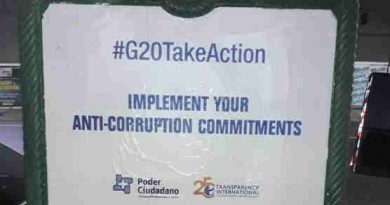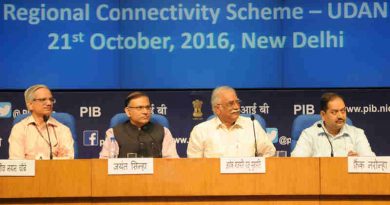Bill Gates Speaks for World’s Poor
In a report about financing for development delivered today at the G20 Summit, Bill Gates, co-chair of the Bill & Melinda Gates Foundation, urged leaders to commit to increasing the pool of resources dedicated to development or risk causing irreparable damage to the livelihoods of millions of the poorest people.
Underlying these recommendations is the idea that innovation can multiply the impact of the resources devoted to development.
Gates’ report, “Innovation with Impact: Financing 21st Century Development,” was presented to heads of State and Governments in Cannes, France, at the request of G20 chairman French President Nicolas Sarkozy.
“Leadership from the G20 is critically important, especially in these tough economic times. We must build on the unprecedented progress in health and development achieved in the last decade,” Gates said. “We must spur on even greater progress in the coming decades to improve the lives of the world’s poorest.”
In his report, Gates stresses the need for rich countries to continue their generosity and meet their foreign aid commitments – which are generally between one and two percent of government’s budgets – while ensuring that aid is spent effectively in areas such as health and agriculture.
“If the countries that have made promises stick to them, it will generate an additional $80 billion annually starting in 2015,” Gates said. “Well-designed aid reduces poverty right now and accelerates poor countries’ progress toward the moment when they no longer need it.”
Beyond rich countries’ responsibility, Gates says rapidly emerging economies represented in the G20 also play a growing role in driving progress in development. In his report, he proposes ideas for enabling speedier transfer of the innovations these countries are pioneering – particularly in the areas of health and agriculture, such as vaccines and seeds – to transform the lives of poor people in Africa and beyond.
“In the last decade, countries like China, Brazil, Mexico, Indonesia and Turkey have seen growth rates rise and poverty rates fall sharply. They are great examples of what we can do and achieve,” Gates said.
He notes that these countries, which have recent experiences in reducing poverty and enormous technical capacity, bring unique insights and skills to create breakthrough tools for development.
“I am particularly excited about the possibility of ‘triangular partnerships’ among rapidly growing countries, traditional donors, and poor countries, because they exploit the comparative advantages of many different countries,” Gates says in his report.
Within the last week, the Gates Foundation announced two partnerships: one with Brazil to share expertise on agriculture, family health and vaccines with African countries, and another with the Chinese Ministry of Science and Technology and Chinese companies to support innovative research and development and manufacturing of new products for global health and agriculture.
Gates’ report also points to a partnership between Brazil, Japan and Mozambique that aims to help Mozambique adapt soybeans, rice and other crops to Mozambique’s savanna, which has a climate and soils similar to Brazil’s “Cerrado”. Japan is helping Mozambique upgrade its infrastructure.
Gates stresses that growth had been very strong in a number of poor countries including in Sub-Saharan Africa.
Gates also uses the report to identify new streams of funding, by directing a percentage of funds from a Financial Transaction Tax, Solidarity Tobacco Contribution, and an aviation and bunker fuel tax, to fund development and climate change.
Photo courtesy: Bill & Melinda Gates Foundation





